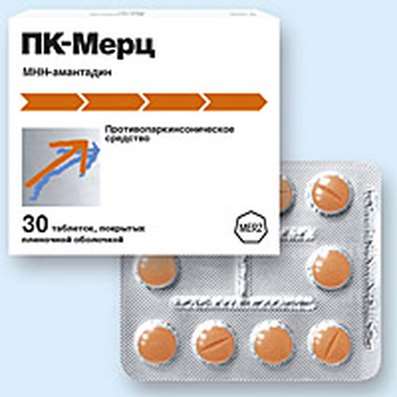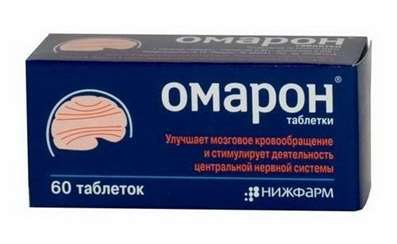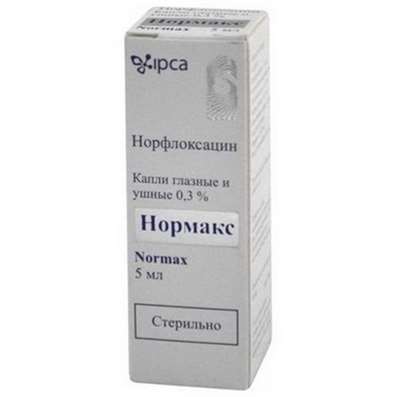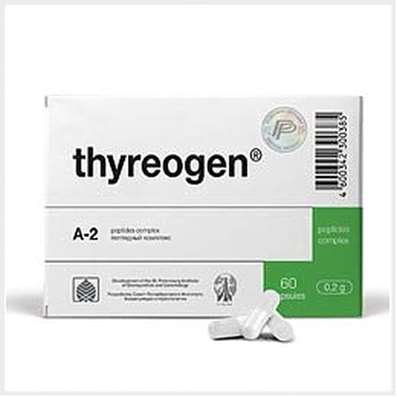Instruction for use: Benacort
I want this, give me price
ATX Code R01AD05 Budesonide
Active substance: Budesonide
Pharmacological group
Glucocorticosteroids
Nosological classification (ICD-10)
J30.1 Allergic rhinitis caused by the pollen
hay fever, Hypersensitivity to pollen, Polypoid allergic rhinosinusitis, Seasonal hay fever, rhinitis
J30.2 Other seasonal allergic rhinitis
Allergic rhinitis seasonal, Seasonal rhinitis of an allergic nature
Composition and form of release
Nasal drops
Budesonide 0.5 mg / ml
Auxiliary substances: propylene glycol; Polyethylene oxide 400; benzoic acid; succinic acid; Trilon B; Thiourea; Nipazel; purified water
In bottles-droppers plastic for 5 ml; In a pack of cardboard 1 bottle.
Description of dosage form
Transparent, colorless or slightly yellowish liquid. Light opalescence is permissible.
Characteristic
Synthetic glucocorticosteroid for topical application.
pharmachologic effect
Pharmacological action - anti-inflammatory, anti-allergic.
Increases the production of lipomodulin, which is an inhibitor of phospholipase A, inhibits the release of arachidonic acid. It prevents the accumulation of neutrophils, reduces inflammatory exudation and production of lymphokines, inhibits the migration of macrophages, reduces the intensity of infiltration and granulation processes, the formation of a chemotactic substance. Reduces the swelling of the nasal mucosa, the production of mucus. Improves mucociliary transport. Has immunosuppressive and fungicidal action. It is well tolerated with long-term treatment, does not have mineralocorticoid activity, practically does not have a resorptive effect.
Pharmacokinetics
Absorption is low. The part of the preparation, which has got into the digestive tract, is completely destroyed (inactive metabolites are formed) during the "first passage" through the liver. Bioavailability - 10% of the amount entered into the stomach and 28% - for the pulmonary fraction. Cmax is achieved 15-45 minutes after intranasal administration. Connection with plasma proteins - 88%. Has a high system clearance - 84 l / h. T1 / 2 - 2.8 parts Cmax - 0.01 mmol / l. Output through the intestine in the form of metabolites - 10%, kidneys - 70%.
Indication Seasonal and all-the-year-round allergic rhinitis.
Contraindications
Hypersensitivity to the components of the drug, fungal, bacterial and viral infections of the respiratory system, tuberculosis of the respiratory system, pregnancy, breastfeeding.
pregnancy and lactation
Contraindicated in pregnancy. At the time of treatment should stop breastfeeding.
Side effects
Burning, irritation of the nasal mucosa, sneezing, candidomycosis.
Interaction
Phenobarbital, phenytoin, rifampicin decrease efficiency (induction of microsomal oxidation enzymes). Methandrostenolone, estrogens strengthen the action of budesonide.
Dosing and Administration
Intranasally. Adults and children over 18 years of age, single dose (depending on the severity of the disease) - 60-120 mcg, 2-3 drops in each nasal passage. The daily dose is selected individually taking into account the severity of the course of rhinitis, as a rule, 2 single doses per day are sufficient. The duration of the course is 10-14 days, depending on the severity of the rhinitis.
The maximum single dose is 200 μg (100 μg per each nasal passage), the maximum daily dose is 400 μg for no more than 3 months.
Overdose
With prolonged use of high doses, as well as with the simultaneous administration of other systemic corticosteroids, symptoms of hypercorticism may appear. In this case, Benarin should be stopped, gradually reducing the dose.
special instructions
It is recommended to avoid contact with eyes.
storage Conditions
In the dark place at a temperature of no higher than 25 ° C.
Keep out of the reach of children.
Shelf life
2 years.
Do not use after the expiry date printed on the package.

 Cart
Cart





